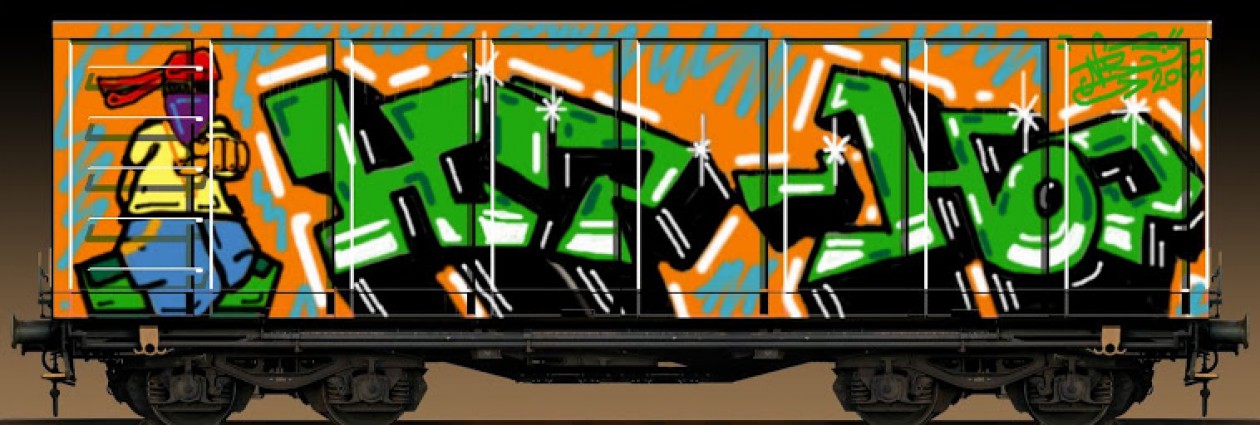Hip-Hop that delivers a positive message is not “good” Hip-Hop; great intentions do not make a great song. Take Macklemore’s hit, “Same Love” for example, a song in which the Best-Album-Grammy-winner raps, “The same fight that lead people to walk-outs and sit-ins, / It’s human rights for everybody / There is no difference / Live on! And be yourself!” Of course everyone—regardless of sexual orientation—should be able to marry. Of course you didn’t choose to be gay. Of course…
These sentiments are not in the least bit insightful, nor do they pack any emotional punch; to make matters worse, the words are delivered often rhymelessly, lacking in any lyrical dexterity or ingenuity. Instead of creating something aesthetically pleasurable, Macklemore chooses to stand behind the pulpit and preach. As Professor Imani Perry puts it, “the correlation of artistic quality and politics does not hold within hip hop any more than it would in another art form.”
And there are many instances of fine artistic quality matching with honorable political intentions in Rap music. In “Fight the Power,” the inimitable Chuck D (along his hype-man Flavor Flav) drops the famous bars:
“As the rhythm designed to bounce
What counts is that the rhymes
Designed to fill your mind
Now that you’ve realized the prides arrived
We got to pump the stuff to make us tough
from the heart
It’s a start, a work of art
To revolutionize make a change nothin’s strange”
Notice the assonance in the first four lines—the way the “I” sound is repeated over and over again, delivering not just auditory pleasure but also an empowering message about individuality, about the power to fight inherent in all of us.
Now fast-forward twenty years later to Vince Staple’s “Hands Up.” The song’s title derives from the post-Ferguson rallying cry “Hands Up, Don’t Shoot,” which Michael Brown purportedly shouted before Darren Wilson gunned him down. In this song, Vince Staples raps over an ominous beat that incorporates siren sounds as well as the distortive effect of a loudspeaker. Inverting the classic rap trope to “throw your hands to the sky,” Staples raps,
“Yeah, put your hands in the air
Put your hands in the air
Put your hands in the air
Nigga freeze, put your hands in the air”
mimicking the voice of the policemen that violently broke up rallies in Missouri—and continue to arrest innocent and guilty black men to this day. Listening to the song, one can see Staples telling his fans to put their hands up, simultaneously in celebration of the Hip-Hop form and lamentation of the present state of the Black Man.
